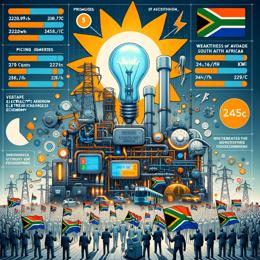Image: AI generated for illustration purposes
Eskom's Load Shedding Woes and the Impact on South Africa's Power Stability and Politics
The prognosis for Eskom, South Africa’s primary electricity public utility, grows more concerning by the day, as energy experts lay out a stark reality of the challenges faced and the potential political fallout on the horizon. The year 2023 has become the worst on record for power outages, dubbed load shedding, which have intensified despite governmental claims of resolution before the holiday season.
Linda Alexandre, an energy analyst, criticizes the lack of transparency from Electricity Minister Kgosientsho Ramokgopa and urges the integration of the private sector to mitigate the ongoing electricity crisis. The consistency of these power cuts throughout 2023 has surpassed stage 6, impacting daily life significantly.
Echoing the grim perspective is Lungile Mashele, another analyst, who illustrates that barring select festive days, South Africans should expect continuous load shedding through December. Mashele highlights the necessity for improved ramping capacity to address the evening power demand peaks and notes Eskom’s increased reliance on diesel, showcasing a desperate attempt to maintain the volatile power grid.
The issue is further compounded by extreme ambient temperatures that affect power plant performance, with the current heatwave in the Lowveld presenting a dire strain on Eskom’s coal fleet. The El Niño season’s elevated temperatures and humidity, accompanied by decreased rainfall, forecast sustained challenges for the Eskom’s coal-reliant power generation.
Energy Minister Ramokgopa, in light of these challenges, points to some improvements in generation capacity through the restoration of offline generating units and emergency reserve stocks. This facilitated a brief reprieve, with Eskom downshifting from stage 6 to stage 4 outages.
Notably, energy experts Chris Yelland and Prof Anton Eberhard provide social media insights into the disturbing trend. The power cuts experienced in 2023 more than double those of the prior worst year on record, 2022, thrusting the conversation into the realm of not just power stability but also political stability. Eberhard speculates on a potential government-led break-up of Eskom to establish a more competitive power market.
Yelland’s personal experience of load shedding not only corroborates the official statistics but potentially indicates even more severe power shortages, tantamount to a stage 8 load shedding scale. This underlines the discrepancy between official communication and the on-ground reality endured by South African residents, including the added setbacks in places like Craighall, which face extended outages beyond the scheduled times.
As the country grapples with these pressing energy concerns, the inefficiencies and failures of the power system have brought scrutiny upon Eskom’s management and the electricity sector's regulatory framework. With the 2024 national elections looming, the crisis could indeed cost the ruling ANC political capital if sustainable solutions and transparency are not prioritized.
The gravity of the situation underscores the urgent need for strategic, actionable reforms within South Africa's energy sector to prevent further impacts on the economy and the daily lives of its citizens, with the entire nation keenly watching the government's response to this deepening crisis.










